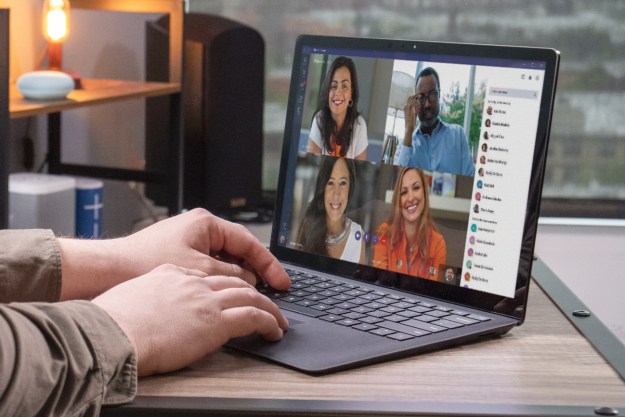
The European Commission has formally resolved its long-running antitrust and anticompetition issues with software giant Microsoft, now that Microsoft has agreed to offer on onscreen “ballot” that enables Windows users to choose easily a Web browser other than Microsoft Internet Explorer as their default Web browsing application. Beginning in March 2010, new Windows customers in Europe (and existing users with Windows update enabled) will be presented with a new “browser choice screen” that will enable users to choose between a dozen or more Web browsers, including alternatives like Firefox, Safari, Chrome, and Opera. Under the agreement, Microsoft will have to present the choice screen for a period of five years.
The agreement brings to an end the long-running antitrust and anticompetition battle between the European Union and Microsoft, which has ranged from issues involving Internet Explorer and Windows Media Player to API documentation enabling third parties to integrate with Microsoft platforms. Over the course of the often-bitter disputes, Microsoft became the first company the European Commission had to fine for failing to comply with antitrust rulings. The resolution enables Microsoft to avoid another $2.4 billion in penalties for previous antitrust infringements.
“Today’s resolution follows years of intensive examination by the European Commission of competition in computer software,” wrote Microsoft general counsel Brad Smith, in a statement. “We are embarking on a path that will require significant change within Microsoft. Nevertheless, we believe that these are important steps that resolve these competition law concerns.”
Future anticompetition investigations are still possible, of course, and in fact there is a pending investigation on behalf of the industry group ECIS (which includes Oracle, Nokia, and IBM) regarding interoperability.
Industry watchers don’t expect the introduction of a “browser ballot” to have any real impact on Microft Internet Explorer’s still-dominant position in the Web browser market.
Editors' Recommendations
- Best Microsoft Office deals: Get Word, PowerPoint, and Excel for free
- How to alphabetize lists in Microsoft Word
- How to delete or hide chats in Microsoft Teams
- Save $150 on a lifetime license for Microsoft Office for PC
- How to double space in Microsoft Word

